
Mombasa Beach: The Jewel of Kenya's Coastline
Mombasa Beach in Kenya is a stunning destination that offers a perfect blend of natural beauty, cultural richness, and adventure. This coastal gem is known for its pristine white sands and crystal-clear waters, making it one of the most attractive beaches in East Africa. The warm Indian Ocean provides ideal conditions for swimming, snorkeling, and diving, allowing visitors to explore vibrant coral reefs and diverse marine life. Beyond the beach, Mombasa is a city steeped in history and culture. The Old Town, with its narrow winding streets, is home to ancient buildings, colorful markets, and the iconic Fort Jesus, a UNESCO World Heritage site. Visitors can immerse themselves in Swahili culture, sample delicious local cuisine, and shop for unique handicrafts and souvenirs. For those seeking adventure, Mombasa offers a range of exciting activities. From deep-sea fishing and sailing to dolphin watching and kite surfing, there's something for everyone. The nearby Haller Park and Mombasa Marine National Park provide opportunities to witness wildlife up close, including giraffes, hippos, and a variety of bird species.
Local tips in Mombasa Beach
- Visit the Old Town early in the morning to avoid crowds and enjoy cooler temperatures.
- Carry sunscreen and stay hydrated, as the sun can be quite strong.
- Try local dishes like Swahili seafood, which is both fresh and flavorful.
- Hire a local guide to explore Fort Jesus and learn about its fascinating history.
- For the best snorkeling experience, plan your visit during low tide.
- Consider visiting during the off-peak season for more affordable accommodations and less crowded attractions.
Mombasa Beach: The Jewel of Kenya's Coastline
Mombasa Beach in Kenya is a stunning destination that offers a perfect blend of natural beauty, cultural richness, and adventure. This coastal gem is known for its pristine white sands and crystal-clear waters, making it one of the most attractive beaches in East Africa. The warm Indian Ocean provides ideal conditions for swimming, snorkeling, and diving, allowing visitors to explore vibrant coral reefs and diverse marine life. Beyond the beach, Mombasa is a city steeped in history and culture. The Old Town, with its narrow winding streets, is home to ancient buildings, colorful markets, and the iconic Fort Jesus, a UNESCO World Heritage site. Visitors can immerse themselves in Swahili culture, sample delicious local cuisine, and shop for unique handicrafts and souvenirs. For those seeking adventure, Mombasa offers a range of exciting activities. From deep-sea fishing and sailing to dolphin watching and kite surfing, there's something for everyone. The nearby Haller Park and Mombasa Marine National Park provide opportunities to witness wildlife up close, including giraffes, hippos, and a variety of bird species.
When is the best time to go to Mombasa Beach?
Iconic landmarks you can’t miss
Sarova Whitesands Beach Resort & Spa Mombasa - Beach Hotel in Mombasa
Discover luxury and adventure at Sarova Whitesands Beach Resort & Spa, Mombasa's premier beachfront escape with world-class amenities.
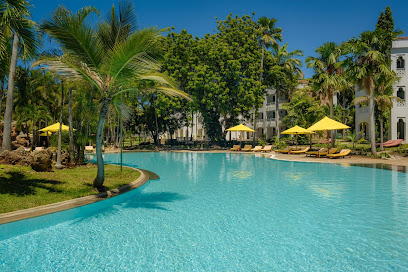
PrideInn Paradise Beach Resort & Spa Mombasa
Discover unmatched luxury and relaxation at PrideInn Paradise Beach Resort & Spa in Mombasa, where sun, sea, and serenity await every traveler.
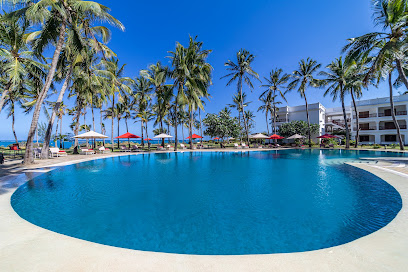
Fort Jesus Museum
Discover the historical significance and cultural richness of Fort Jesus Museum, a UNESCO World Heritage site in Mombasa.
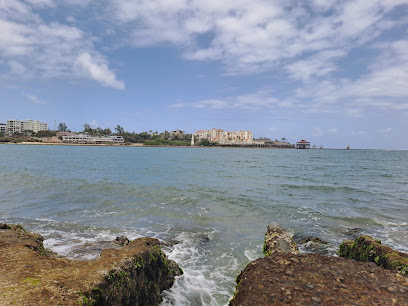
Voyager Beach Resort
Experience the ultimate tropical getaway at Voyager Beach Resort, where luxury meets adventure on the beautiful shores of Mombasa.
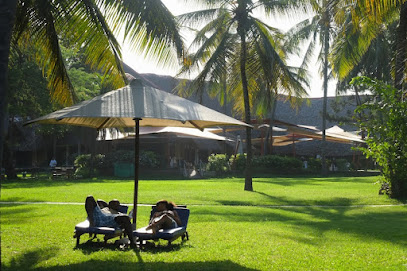
Haller Park
Explore Haller Park, a lush haven in Mombasa, where wildlife, beautiful landscapes, and tranquility await every visitor.
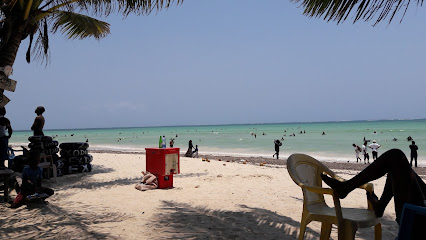
Pembe Za Ndovu - Mombasa
Discover the iconic Pembe Za Ndovu in Mombasa, a symbol of Kenya's rich history and stunning wildlife, perfect for unforgettable photos.
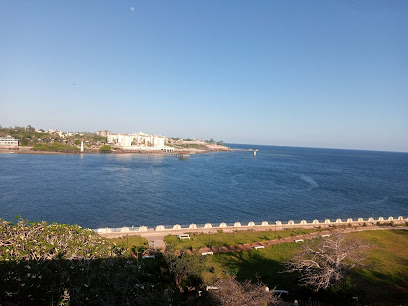
Mama Ngina Waterfront
Discover the beauty and tranquility of Mama Ngina Waterfront in Mombasa, a scenic park offering breathtaking ocean views and a relaxing atmosphere.
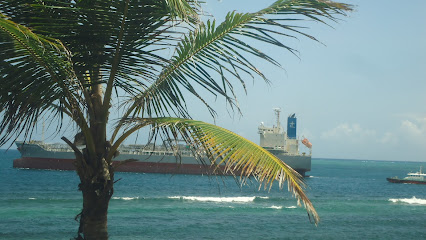
PrideInn Flamingo Beach Resort & Spa Mombasa
Discover the ultimate beachfront escape at PrideInn Flamingo Beach Resort & Spa Mombasa, where luxury meets breathtaking coastal beauty.

Wild Waters
Experience the thrill of East Africa's largest water park at Wild Waters in Mombasa, where adventure meets relaxation in a tropical paradise.
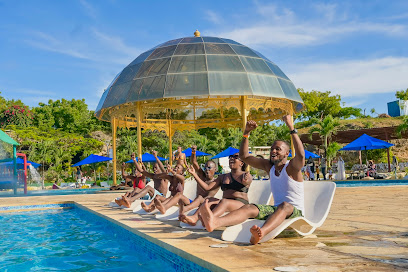
Muthu Nyali Beach Hotel & Spa, Mombasa
Experience luxury and relaxation at Muthu Nyali Beach Hotel & Spa in Mombasa, where stunning ocean views meet exceptional dining and spa services.

Serena Beach Resort & Spa
Discover the luxury and serenity of Serena Beach Resort & Spa, a premier destination in Mombasa's stunning coastal landscape.
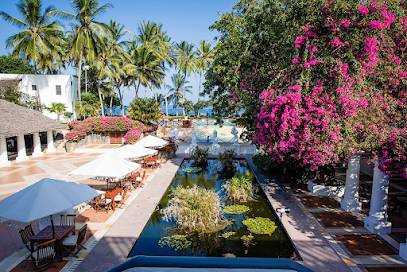
Moonshine Beach Bar
Discover Moonshine Beach Bar in Mombasa - your ultimate beachside lounge for refreshing cocktails and unforgettable sunsets.
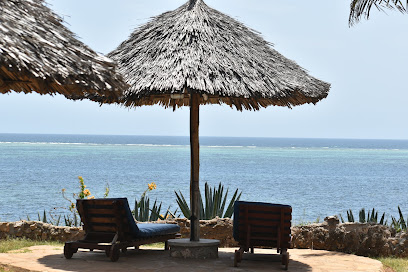
Maasai Beach Bar & Restaurant
Experience the vibrant flavors of Mombasa at Maasai Beach Bar & Restaurant, where local cuisine meets stunning seaside views.
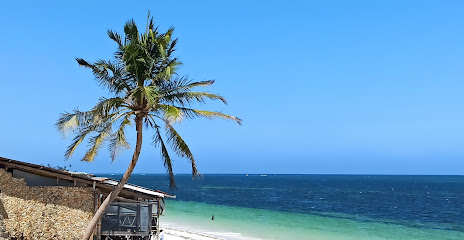
Bamburi Beach Hotel
Experience the perfect blend of relaxation and adventure at Bamburi Beach Hotel in Mombasa, Kenya, where stunning beaches and vibrant culture await.
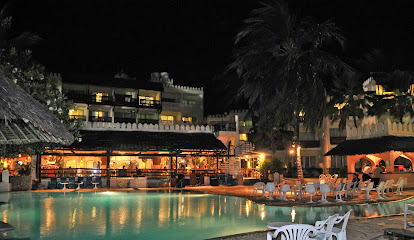
Jumeirah Beachfront Apartments, Hotel & Venue Space
Discover luxury and relaxation at Jumeirah Beachfront Apartments in Mombasa, where modern comfort meets breathtaking coastal views.

Unmissable attractions to see
City Mall Nyali
Explore the vibrant City Mall Nyali in Mombasa for an unforgettable shopping and dining experience amidst a lively atmosphere.
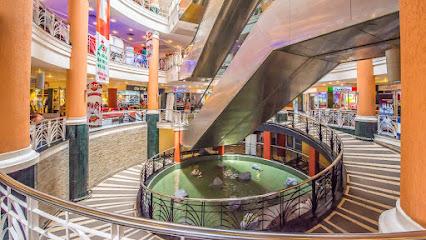
Cafesserie
Experience the best of Mombasa at Cafesserie, where delightful coffees and pastries meet a warm, inviting atmosphere.

Carrefour City Mall
Experience the vibrant shopping scene at Carrefour City Mall in Mombasa, offering a mix of local culture, international brands, and delicious dining options.

New Nyali Bridge
Discover breathtaking coastal views and vibrant local culture at Mombasa's iconic New Nyali Bridge, a must-visit tourist attraction.
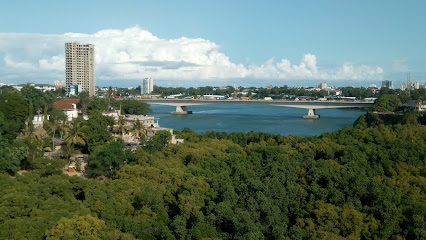
Mamba Village
Explore the wildlife wonders of Mamba Village in Mombasa, where adventure meets education in a stunning natural setting.
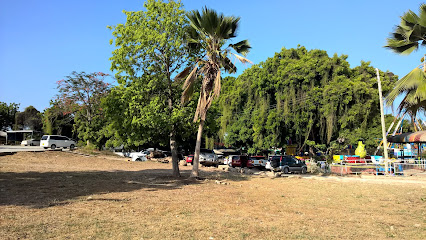
Bombolulu Coast Workshop and Cultural Centre
Immerse yourself in Kenya's rich culture at Bombolulu Coast Workshop and Cultural Centre, where art meets community and tradition.
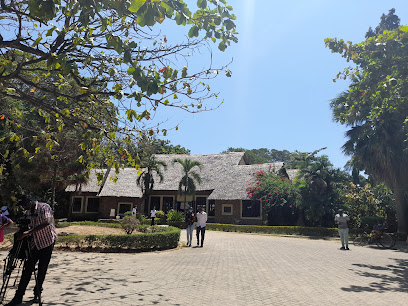
Jumba La Mtwana
Explore Jumba La Mtwana, a historical gem in Mtwapa, showcasing the rich Swahili culture and breathtaking coastal views.
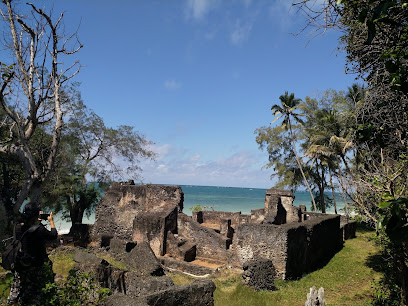
Mombasa Marine Park & Reserve
Discover the vibrant marine life and stunning natural beauty of Mombasa Marine Park & Reserve, a tropical paradise on the Kenyan coast.
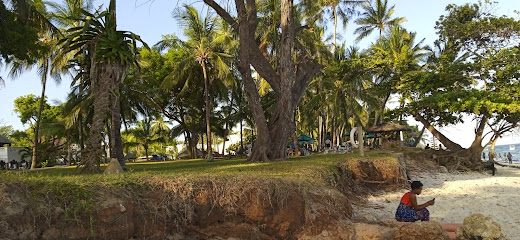
Mamba Village Centre
Explore Mamba Village Centre in Mombasa – a unique blend of wildlife, botanical gardens, and entertainment in one captivating destination.
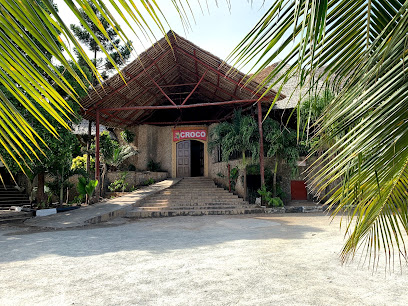
Galito's City Mall
Discover the vibrant flavors of Mombasa at Galito's City Mall, a fast food paradise known for its delicious grilled chicken and welcoming atmosphere.

Mamba VILLAGE - Lunar PARK
Explore the excitement of Mamba Village - Lunar Park, an amusement park in Mombasa offering thrilling rides, rich culture, and family-friendly fun.
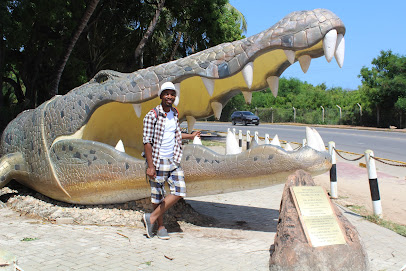
Mandhry Mosque
Explore the Mandhry Mosque, a stunning architectural marvel in Mombasa that embodies the rich cultural and spiritual heritage of the region.
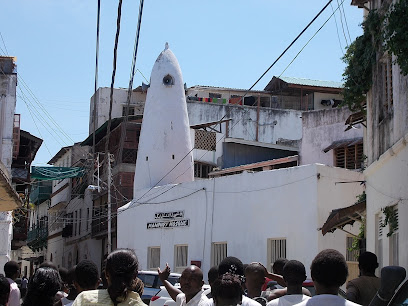
Butterfly Pavilion
Discover the enchanting Butterfly Pavilion in Mombasa, where vibrant butterflies and lush landscapes create a serene escape into nature's beauty.
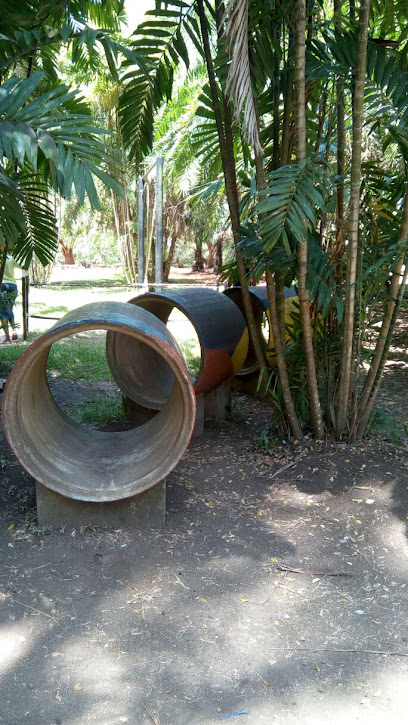
Cage Park
Discover Cage Park, Mombasa's serene escape with lush gardens, recreational activities, and a peaceful atmosphere for relaxation and leisure.
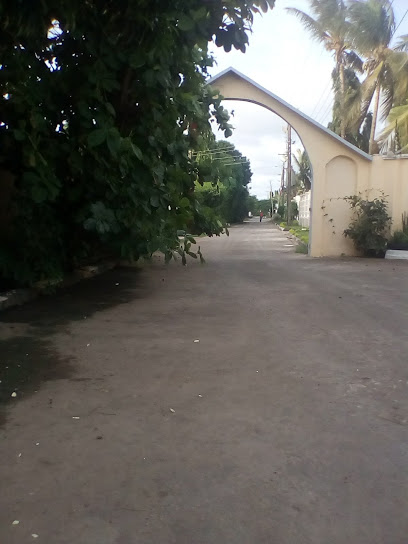
Bamburi Coral Gardens - Diving Spot
Explore the vibrant underwater world at Bamburi Coral Gardens, a premier diving destination in Mombasa, Kenya, home to stunning coral reefs and diverse marine life.
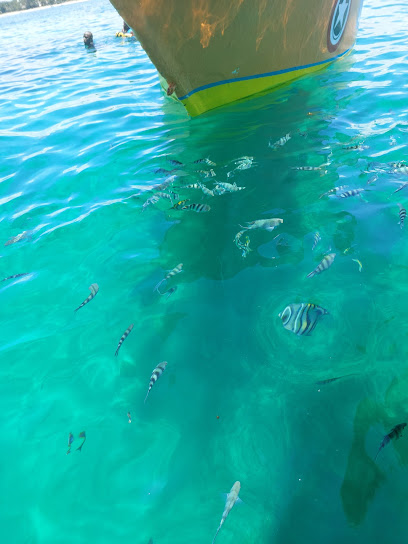
Essential places to dine
Char-Choma Restaurant
Experience delicious family-friendly dining at Char-Choma Restaurant in Mombasa – where culinary delights meet stunning coastal views.
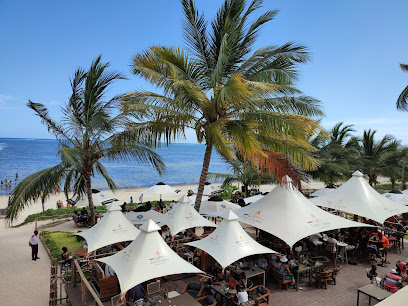
Forodhani Restaurant
Experience authentic Kenyan cuisine at Forodhani Restaurant in Mombasa – where local flavors meet coastal charm.
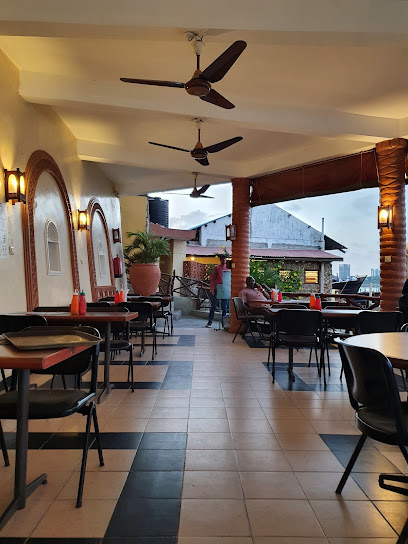
Maasai Beach Bar & Restaurant
Experience the best of Mombasa's culinary delights at Maasai Beach Bar & Restaurant - where flavor meets stunning coastal views.
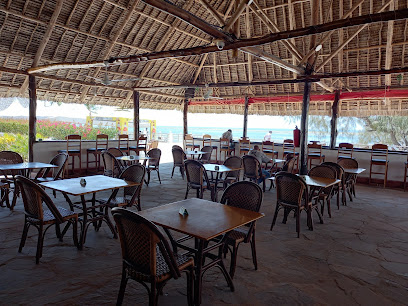
Tapas Cielo Bar & Restaurant
Discover the culinary delights at Tapas Cielo Bar & Restaurant in Mombasa – where vibrant flavors meet a lively atmosphere.
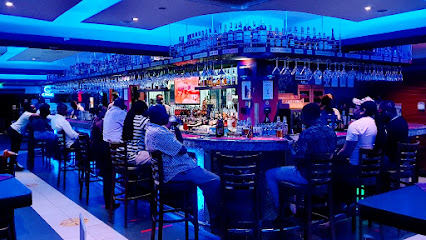
Roberto's Italian Restaurant
Savor authentic Italian flavors at Roberto's Italian Restaurant in Mombasa - where every meal is a delightful journey through Italy.
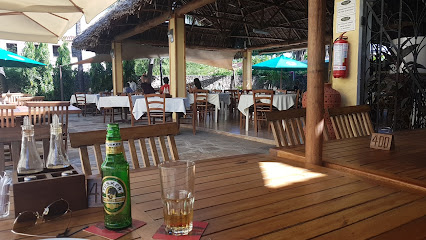
Tamarind Dhow Restaurant Mombasa
Experience exquisite seafood aboard a traditional dhow while enjoying breathtaking views of Mombasa's coastline.
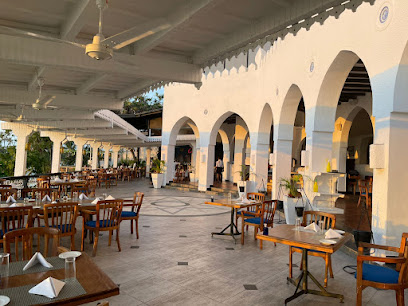
The New Big Tree Beach Resort
Experience relaxation and delicious cuisine at The New Big Tree Beach Resort in Mombasa's picturesque coastal setting.
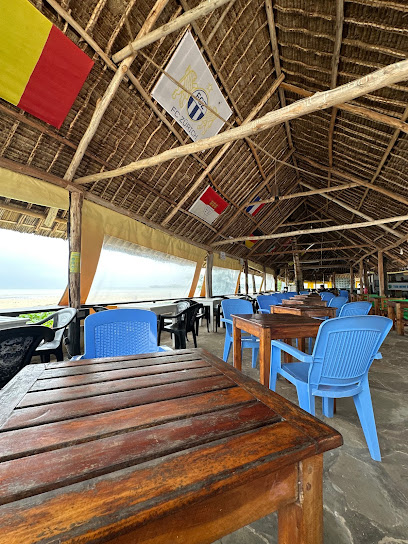
Maasai Nyali
Discover Maasai Nyali: Mombasa's premier grill restaurant offering delicious cuisine and vibrant sports viewing for an unforgettable dining experience.
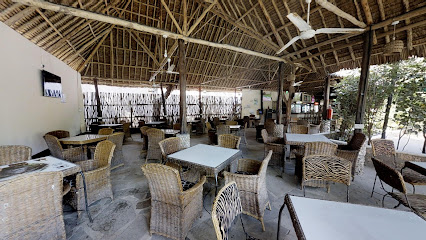
Aberdare Restaurant Nyali
Discover diverse flavors at Aberdare Restaurant Nyali in Mombasa – where local meets international cuisine in an inviting atmosphere.
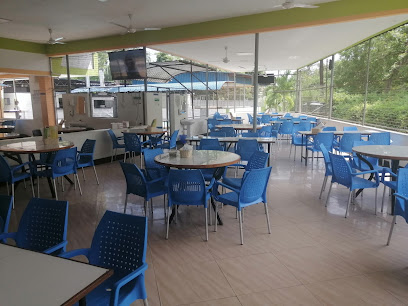
Floating Island Restaurant
Discover the exquisite flavors of seafood and barbecue at Mombasa's Floating Island Restaurant with stunning views over the water.
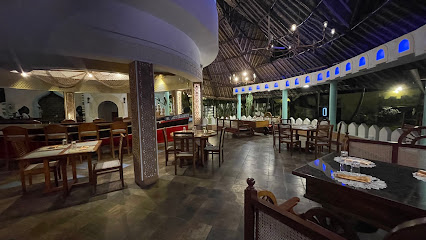
Mikaye Restaurant
Experience authentic African cuisine at Mikaye Restaurant in Mombasa's Nyali; where tradition meets coastal charm.
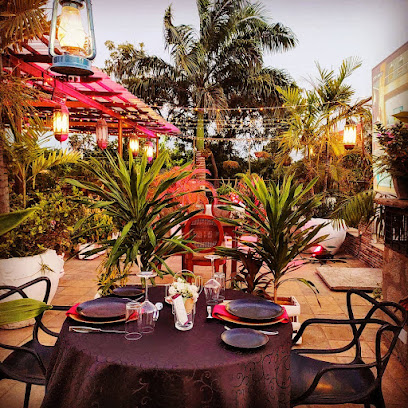
Sea Haven Restaurant
Discover fresh seafood delights at Sea Haven Restaurant in Mombasa - where ocean views meet exquisite flavors.
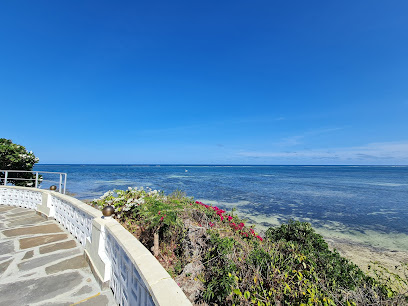
Poco Loco Bistro
Experience authentic Kenyan cuisine at Poco Loco Bistro in Mombasa - where taste meets tradition.
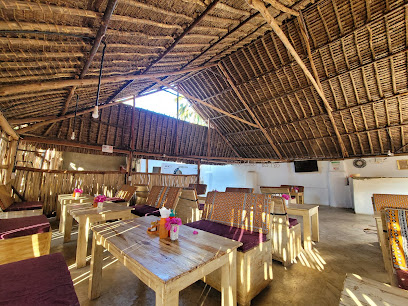
Namaskar Restaurant
Experience authentic Indian cuisine at Namaskar Restaurant in Nyali - where every dish tells a story of tradition and flavor.
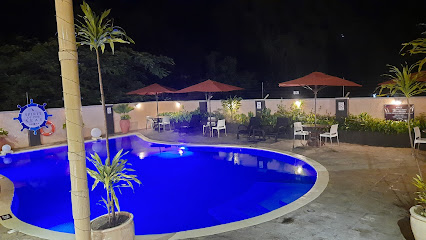
La Casa Di Nico Mombasa
Experience authentic Italian cuisine and delightful ice cream at La Casa Di Nico Mombasa - where every meal is a celebration.
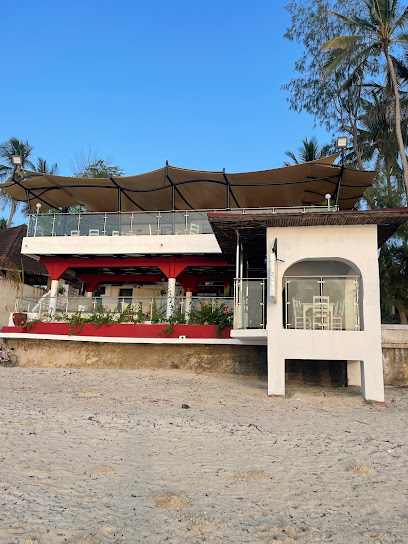
Markets, malls and hidden boutiques
Nyali Centre
Discover the essence of Mombasa at Nyali Centre, where shopping, dining, and entertainment come together in a vibrant atmosphere.
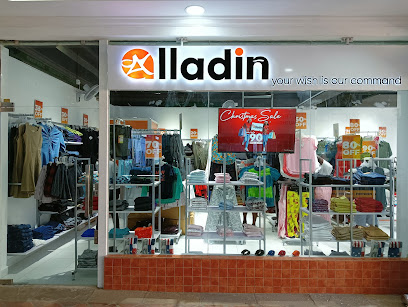
Nidshan Trading Company Ltd
Explore Nidshan Trading Company Ltd in Mombasa for a unique shopping experience filled with quality furniture, garden supplies, and home decor items.
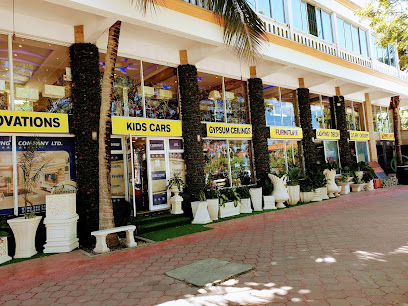
Odds & Ends Nyali
Explore Odds & Ends Nyali for stylish furniture and unique decor pieces that capture the essence of Kenyan craftsmanship in the heart of Mombasa.
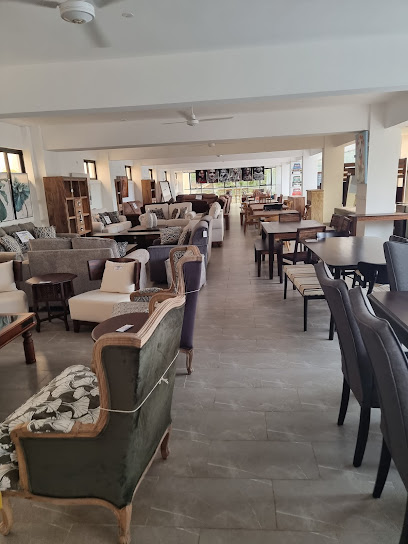
Saving Home Kenya
Experience the rich culture of Kenya through unique crafts and handmade goods at Saving Home Kenya in Mombasa.
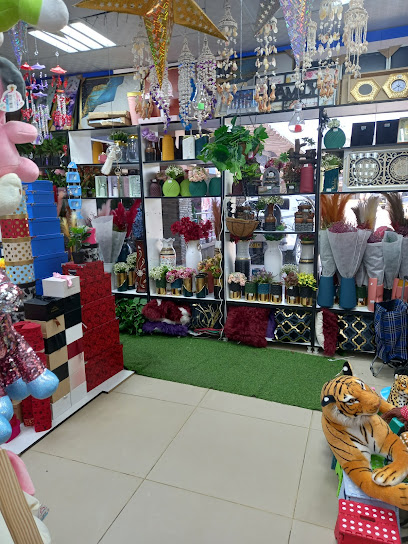
Mama Sita's Utamaduni Curio Shop
Explore authentic Kenyan crafts and antiques at Mama Sita's Utamaduni Curio Shop, a hidden treasure in Mombasa for unique souvenirs.
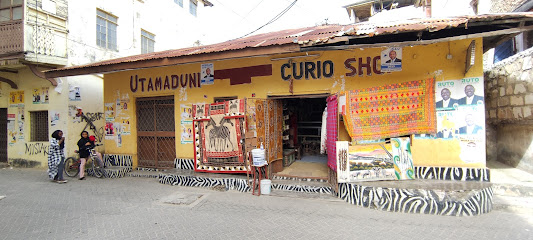
Accessorize with Style
Discover unique fashion accessories, jewelry, and women's clothing at Accessorize with Style in Mombasa's City Mall, a must-visit for every traveler.
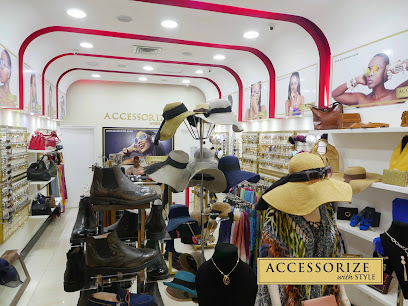
BABY SHOP & KIDS SHOP born beautiful fashions
Discover unique baby and kids' clothing at Born Beautiful Fashions in Mombasa, where style meets comfort for your little ones.
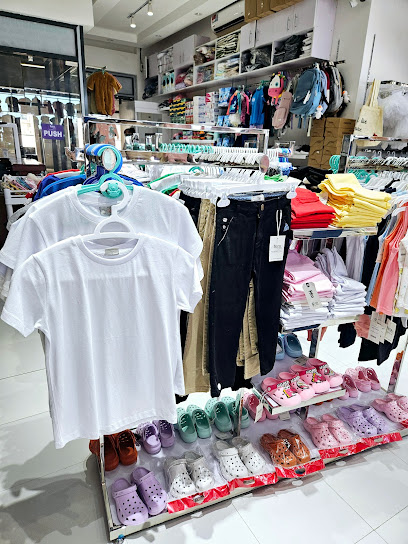
Careena'S Swim Wear & Lingerie
Discover stylish swimwear and lingerie at Careena's Swim Wear & Lingerie, a premier boutique in Mombasa's City Mall.
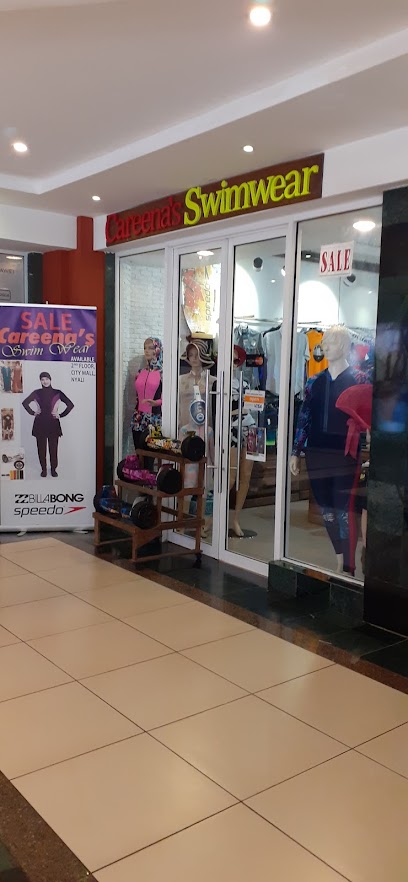
Maweni Beach
Explore Mwaini Beach in Mombasa, a tropical paradise offering sun, sea, and vibrant marine life for an unforgettable getaway.
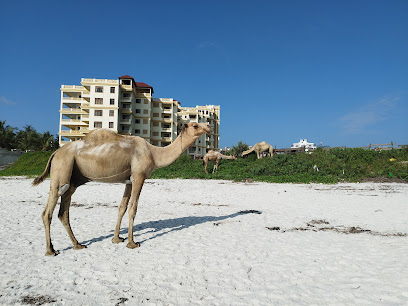
The Five Elements, City Mall - Nyali, Mombasa
Explore the vibrant culture of Kenya at The Five Elements in City Mall, Nyali, Mombasa – your go-to gift shop for unique souvenirs and local art.
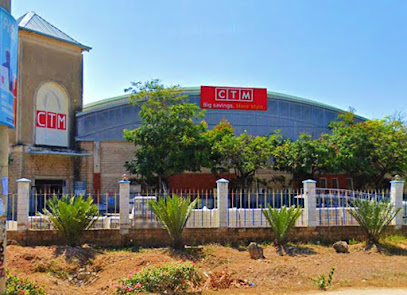
Gift Shop & Boutique
Explore the vibrant Gift Shop & Boutique in Mombasa for unique souvenirs and local crafts that capture the essence of Kenya's coastal culture.
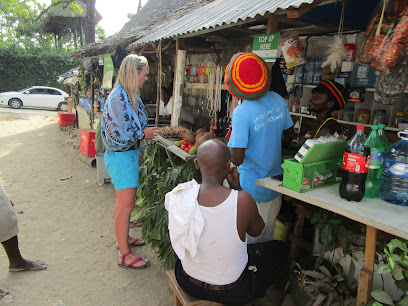
Tickles & Giggles [Kids Clothing]
Discover stylish and affordable children's clothing at Tickles & Giggles in Mombasa, where fun meets fashion for kids of all ages.
![Tickles & Giggles [Kids Clothing]](https://evendo-location-media.s3.amazonaws.com/ShoppingImages/241af0b1-4197-4622-b2b5-bd3e3289e72c)
Tasha's collection
Explore Tasha's Collection in Mombasa for unique clothing and accessories that reflect the vibrant local culture and style.
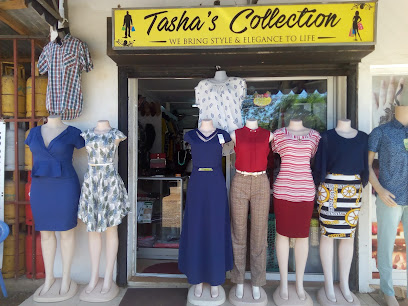
EMELDAS BOUTIQUE
Explore the essence of Kenyan fashion at Emeldas Boutique in Mombasa, where style meets local craftsmanship.
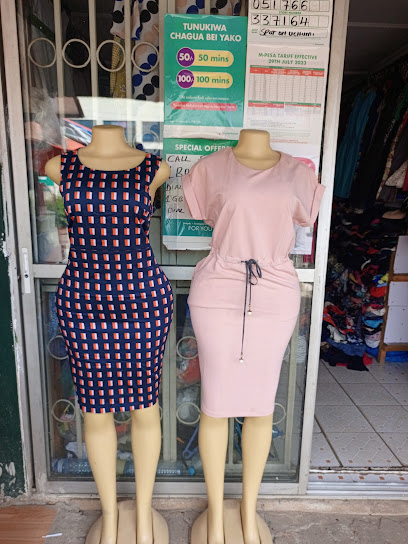
Ukambani Craft Gallery
Discover the vibrant artistry of Kenyan culture at Ukambani Craft Gallery in Mombasa, showcasing authentic handmade crafts and local craftsmanship.
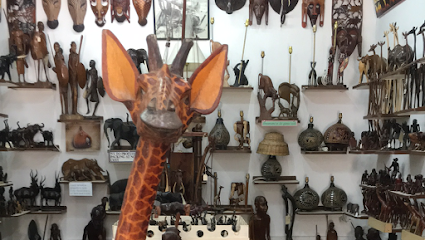
Essential bars & hidden hideouts
Moonshine Beach Bar
Experience the vibrant atmosphere of Moonshine Beach Bar, a premier lounge in Mombasa offering stunning ocean views, delicious cocktails, and local cuisine.
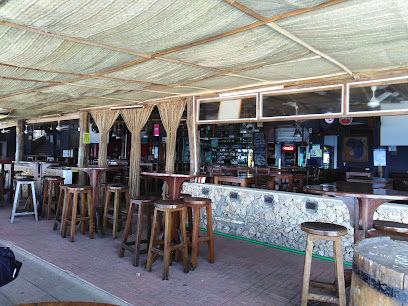
Maasai Beach Bar & Restaurant
Discover the lively Maasai Beach Bar & Restaurant in Mombasa, where local flavors meet stunning coastal views in an unforgettable dining experience.
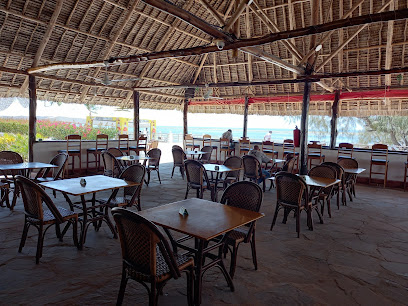
Anuba Lounge
Experience the vibrant nightlife at Anuba Lounge, Mombasa's premier bar offering exquisite drinks and lively entertainment.
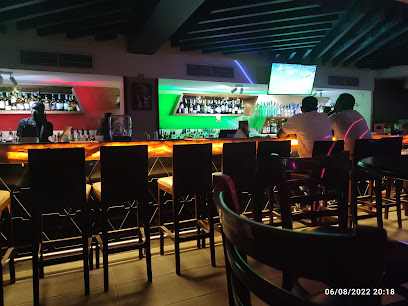
Tapas Cielo Bar & Restaurant
Experience the vibrant flavors of Spain at Tapas Cielo Bar & Restaurant in Mombasa, where every bite is a celebration.
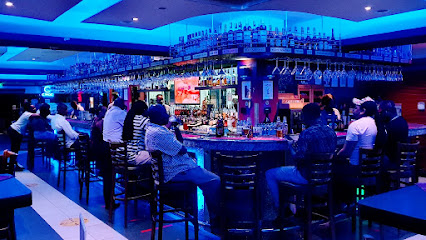
10 Street
Experience the vibrant culinary delights of 10 Street in Nyali, Mombasa—a perfect blend of local and international flavors.
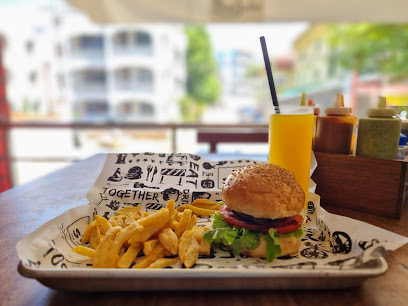
Kingston Beach Lounge
Experience the vibrant ambiance and delicious cuisine at Kingston Beach Lounge in Mombasa, where relaxation meets the rhythm of the ocean.
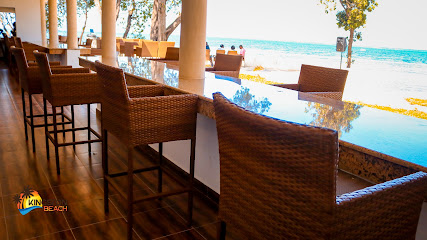
Maasai Nyali
Discover the perfect blend of flavorful grilled cuisine and vibrant sports entertainment at Maasai Nyali in Mombasa.
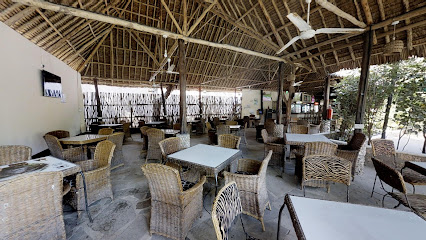
Safari Inn Bar & Restaurant
Experience the vibrant flavors and energetic atmosphere at Safari Inn Bar & Restaurant in Mombasa, where culinary delights meet live entertainment.
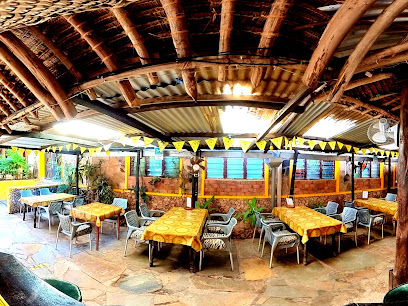
Coco's
Experience the vibrant nightlife of Mombasa at Coco's, a lively bar that offers an eclectic mix of drinks and local ambiance.
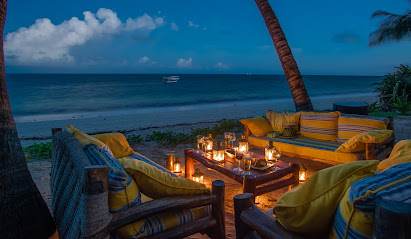
Blackwater Pub
Discover the lively spirit of Mombasa at Blackwater Pub, where delicious drinks and vibrant nightlife create unforgettable memories.
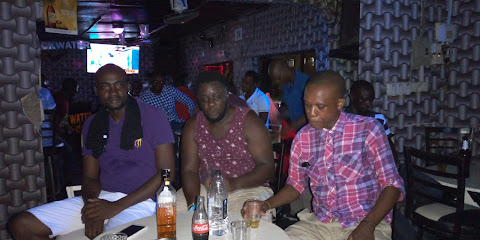
Mingles Lounge ️
Discover the vibrant atmosphere and delicious cuisine at Mingles Lounge in Mombasa, where every meal is a celebration of flavor.
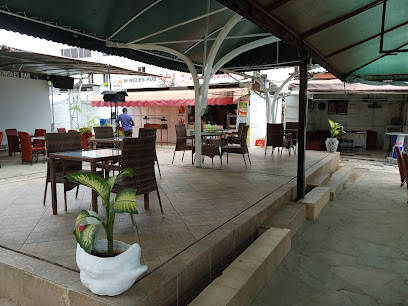
Milia Gardens Nyali
Experience the exquisite blend of grill cuisine and serene gardens at Milia Gardens Nyali, a must-visit destination in Mombasa.
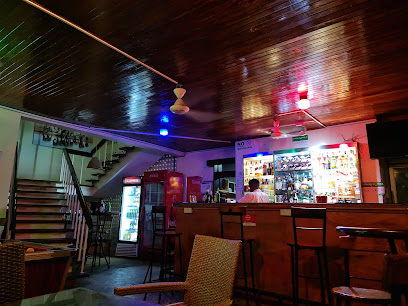
Galana Lounge
Discover the stylish comfort of Galana Lounge in Mombasa, where every evening is an experience filled with relaxation and vibrant nightlife.
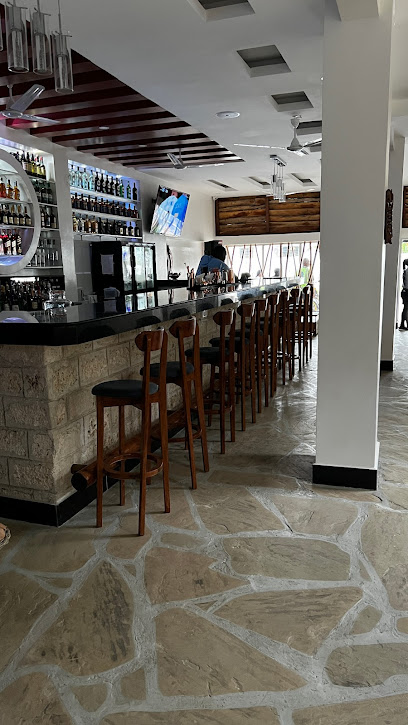
Links Inn And Grills
Discover the vibrant flavors of Mombasa at Links Inn and Grills, where delicious grilled dishes meet a lively atmosphere.
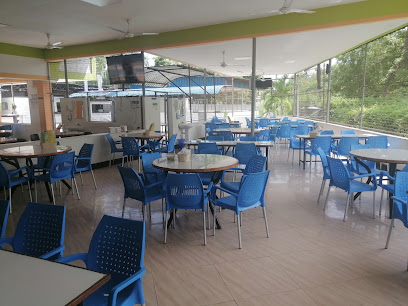
Local Phrases about Mombasa Beach
-
- HelloJambo
[jahm-boh] - GoodbyeKwaheri
[kwah-heh-ree] - YesNdio
[n-dee-oh] - NoHapana
[hah-pah-nah] - Please/You're welcomeTafadhali
[tah-fah-dha-lee] - Thank youAsante
[ah-san-teh] - Excuse me/SorrySamahani
[sah-mah-hah-nee] - How are you?Habari yako?
[hah-bah-ree yah-koh] - Fine. And you?Poa. Na wewe?
[poh-ah. nah weh-weh] - Do you speak English?Unasema Kiingereza?
[oo-nah-seh-mah keen-geh-reh-zah] - I don't understandSielewi
[see-leh-wee]
- HelloJambo
-
- I'd like to see the menu, pleaseNingependa kuona menu, tafadhali
[nee-ngeh-pehn-dah kwoh-nah meh-noo, tah-fah-dha-lee] - I don't eat meatSili nyama
[see-lee nyah-mah] - Cheers!Afya!
[ahf-yah] - I would like to pay, pleaseNingependa kulipa, tafadhali
[nee-ngeh-pehn-dah koo-lee-pah, tah-fah-dha-lee]
- I'd like to see the menu, pleaseNingependa kuona menu, tafadhali
-
- Help!Msaada!
[msah-ah-dah] - Go away!Nenda zako!
[nehn-dah zah-koh] - Call the Police!Piga polisi!
[pee-gah poh-lee-see] - Call a doctor!Piga daktari!
[pee-gah dahk-tah-ree] - I'm lostNimepotea
[nee-meh-poh-teh-ah] - I'm illNinaumwa
[nee-nah-oom-wah]
- Help!Msaada!
-
- I'd like to buy...Ningependa kununua...
[nee-ngeh-pehn-dah koo-noo-noo-ah] - I'm just lookingNatazama tu
[nah-tah-zah-mah too] - How much is it?Bei ni kiasi gani?
[beh-ee nee kyah-see gah-nee] - That's too expensiveHii ni ghali sana
[hee nee gah-lee sah-nah] - Can you lower the price?Unaweza kupunguza bei?
[oo-nah-weh-zah koo-poon-goo-zah beh-ee]
- I'd like to buy...Ningependa kununua...
-
- What time is it?Saa ngapi?
[sah nah-gah-pee] - It's one o'clockNi saa moja
[nee sah moh-jah] - Half past (10)Saa mbili na nusu
[sah mbee-lee nah noo-soo] - MorningAsubuhi
[ah-soo-boo-hee] - AfternoonMchana
[m-chah-nah] - EveningJioni
[joh-ee-nee] - YesterdayJana
[jah-nah] - TodayLeo
[leh-oh] - TomorrowKesho
[keh-shoh] - 1Moja
[moh-jah] - 2Mbili
[m-bee-lee] - 3Tatu
[tah-too] - 4Nne
[n-neh] - 5Tano
[tah-noh] - 6Sita
[see-tah] - 7Saba
[sah-bah] - 8Nane
[nah-neh] - 9Tisa
[tee-sah] - 10Kumi
[koo-mee]
- What time is it?Saa ngapi?
-
- Where's a/the...?Iko wapi...?
[ee-koh wah-pee] - What's the address?Anwani ni gani?
[ahn-wah-nee nee gah-nee] - Can you show me (on the map)?Unaweza kunionyesha (kwenye ramani)?
[oo-nah-weh-zah koo-nee-oh-nyeh-shah (kweh-neh rah-mah-nee)] - When's the next (bus)?Basi liko saa ngapi?
[bah-see lee-koh sah nah-gah-pee] - A ticket (to ....)Tiketi (kwenda ....)
[tee-keh-tee (kwehn-dah)]
- Where's a/the...?Iko wapi...?
History of Mombasa Beach
-
Mombasa Beach, located along the Indian Ocean, is a renowned destination in Kenya known for its beautiful white sand beaches, vibrant marine life, and rich cultural heritage. The beach is situated near the historic city of Mombasa, which has served as a significant port for centuries.
-
The Swahili people, known for their seafaring and trading prowess, established themselves along the coast of Mombasa as early as the 8th century. They built bustling towns and trading posts, which became key points in the trade networks spanning the Indian Ocean.
-
In 1498, the Portuguese explorer Vasco da Gama landed in Mombasa, marking the beginning of Portuguese influence in the region. To secure their dominance, the Portuguese constructed Fort Jesus in 1593. This formidable fortification became a symbol of Portuguese power and a key strategic point in their efforts to control the East African coast.
-
In the late 17th century, the Omani Arabs ousted the Portuguese and took control of Mombasa. The region flourished under Omani rule, becoming a central hub for trade in spices, gold, and ivory. The Omani influence is still evident today in the architecture and culture of the Mombasa region.
-
Mombasa became part of the British Protectorate of Kenya in the late 19th century. The British established modern infrastructure, including the construction of the Uganda Railway, which significantly boosted trade and tourism in the region. Mombasa's port continued to grow in importance, becoming one of the busiest in East Africa.
-
Kenya gained independence from British rule in 1963, and Mombasa Beach has since evolved into a major tourist destination. The beach attracts visitors from around the world with its stunning landscapes, rich history, and vibrant Swahili culture. Today, Mombasa Beach is a melting pot of cultures, reflecting its diverse and storied past.
-
Mombasa Beach is also known for its cultural festivals, such as the Mombasa Carnival, which showcases traditional music, dance, and cuisine. The beach area is a living museum of Swahili culture, where visitors can experience traditional dhow sailing, taste local delicacies, and explore historic sites.
Mombasa Beach Essentials
-
Mombasa Beach is located on the southeastern coast of Kenya. The nearest airport is Moi International Airport (MBA), which is approximately 20 kilometers from Mombasa Beach. From the airport, you can take a taxi or arrange for a shuttle service to your accommodation. Alternatively, you can reach Mombasa by train using the Madaraka Express, which connects Nairobi to Mombasa. The journey by train offers a scenic view of the Kenyan landscape and takes around 5 hours. Buses and private cars are also available for those traveling from other parts of Kenya.
-
Within Mombasa, various transportation options are available. Taxis and ride-hailing services like Uber and Bolt are commonly used for short distances. Tuk-tuks, three-wheeled motorized vehicles, are another popular and affordable way to get around the beach area. Matatus, shared minibuses, operate on fixed routes and are a cost-effective way to travel longer distances, although they can be crowded. Bicycle rentals are also available for those who prefer a more eco-friendly mode of transport.
-
The official currency in Kenya is the Kenyan Shilling (KES). Credit and debit cards are widely accepted in hotels, restaurants, and larger shops. However, it's advisable to carry cash for smaller establishments, local markets, and public transport. ATMs are readily available in Mombasa, including at the airport and in major tourist areas. Currency exchange services are also available at the airport, banks, and exchange bureaus.
-
Mombasa Beach is generally safe for tourists, but it's essential to take standard precautions. Avoid walking alone at night, especially in poorly lit or unfamiliar areas. High-crime areas targeting tourists include the Old Town and some parts of the city center; always stay vigilant and aware of your surroundings. Keep your belongings secure and avoid displaying valuables in public. It's also advisable to use reputable transportation services and avoid using unmarked taxis.
-
In case of emergency, dial 999 for police, medical, or fire assistance. Mombasa has several hospitals and medical facilities, including the Coast General Hospital and private hospitals like Aga Khan Hospital. It's recommended to have travel insurance that covers medical emergencies. For minor health issues, pharmacies are available in the tourist areas. Always carry a copy of your passport and important contact numbers, including your country's embassy or consulate.
-
Fashion: Do dress modestly, especially when visiting religious sites or local communities. Swimwear is acceptable at the beach but not in public areas. Religion: Do respect local customs and traditions. When visiting mosques, cover your head and remove your shoes. Public Transport: Do be courteous and give up your seat for elderly passengers. Avoid eating or drinking on public transport. Greetings: Do greet people with a handshake. A friendly greeting in Swahili, such as 'Jambo' (Hello), is appreciated. Eating & Drinking: Do try local delicacies and accept food offerings graciously. Don't refuse hospitality, as it is considered impolite.
-
To experience Mombasa Beach like a local, visit the local markets such as the Kongowea Market, where you can buy fresh produce and traditional Kenyan crafts. Engage with locals, who are often friendly and willing to share stories about their culture and history. Don't miss visiting Fort Jesus, a UNESCO World Heritage Site, and taking a stroll through the Old Town to admire the Swahili architecture. For a unique experience, take a dhow cruise at sunset, offering stunning views of the coastline.
Trending Landmarks in Mombasa Beach
-
Sarova Whitesands Beach Resort & Spa Mombasa - Beach Hotel in Mombasa
-
PrideInn Paradise Beach Resort & Spa Mombasa
-
Fort Jesus Museum
-
Voyager Beach Resort
-
Haller Park
-
Pembe Za Ndovu - Mombasa
-
Mama Ngina Waterfront
-
PrideInn Flamingo Beach Resort & Spa Mombasa
-
Wild Waters
-
Muthu Nyali Beach Hotel & Spa, Mombasa
-
Serena Beach Resort & Spa
-
Moonshine Beach Bar
-
Maasai Beach Bar & Restaurant
-
Bamburi Beach Hotel
-
Jumeirah Beachfront Apartments, Hotel & Venue Space
Nearby Cities to Mombasa Beach
-
Things To Do in Diani Beach
-
Things To Do in Malindi
-
Things To Do in Tanga
-
Things To Do in Lamu
-
Things To Do in Stone Town
-
Things To Do in Zanzibar City
-
Things To Do in Moshi
-
Things To Do in Dar es Salaam
-
Things To Do in Arusha
-
Things To Do in Morogoro
-
Things To Do in Nairobi
-
Things To Do in Dodoma
-
Things To Do in Naivasha
-
Things To Do in Singida
-
Things To Do in Nakuru











